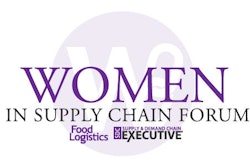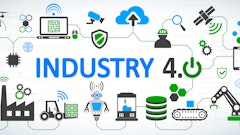
Businesses have long counted on supply chain professionals for efficiencies, competitive edges and operations that support profit and growth. And these superhuman wins have often been achieved quietly, without fanfare or great visibility, even within the organization itself. Are these professionals ready and able to lead at the top levels, too?
The timing is right. In a world characterized by lower growth, ever-deeper operational complexity and fewer deals, there are strong arguments to support the idea that the route to success is now less about what you do, but how you do it. That’s to say, how well you can run the show from the very source of your operations to the point your products are in the hands of your consumers, and beyond.
The COVID-19 years have been transformational for the role and profile of the chief supply chain officer (CSCO). If the 1980s and 90s were characterized by computerization and outsourcing, the 2000s by sales and the 2010s by deals, the pandemic delivered extended disruption at the beginning of the 2020s, showing businesses (and investors) that their operations were only as strong as their weakest link. Efficiency and resilience suddenly ruled the roost—precisely the skill set of supply chain professionals, moving them into the center of corporate life and placing them in the running for top leadership.
Sources for next gen leadership
Future leaders will certainly have more supply chain knowledge and understanding, even if they have not come up directly through a supply chain career path. It’s our position that supply chain professionals moving directly into C-suite roles has the potential to help companies do more and do it sooner. For this to happen though, the CSCO archetype must change.
Supply chain professionals need to ‘sell themselves’ more and learn to deal with everyday organizational disruptions—ones that don’t relate directly to the supply chain. This can certainly happen. For example, Apple’s Tim Cook is an operations and supply chain guy.
Whether supply chain leaders are ready to make the leap is a complex and often personal question, taking in aspects of career, psychology, ambition, personality and professional identity. On the talent demand side, the issue is clearer. CEOs and senior decision makers must seek out and promote the operational talents of supply chain professionals if their businesses are to fully benefit in the coming years.
Those that make the leap may need to go on their own journeys of personal growth. A certain level of humility may hold some back. What eventually brings CEOs the opportunity is that they have what businesses, and the world, needs right now. As well as being solid ‘numbers people’ they have an innate sense of how to lead humans, not just resources. They listen, they’re open to feedback and most importantly, they have a vision.


















